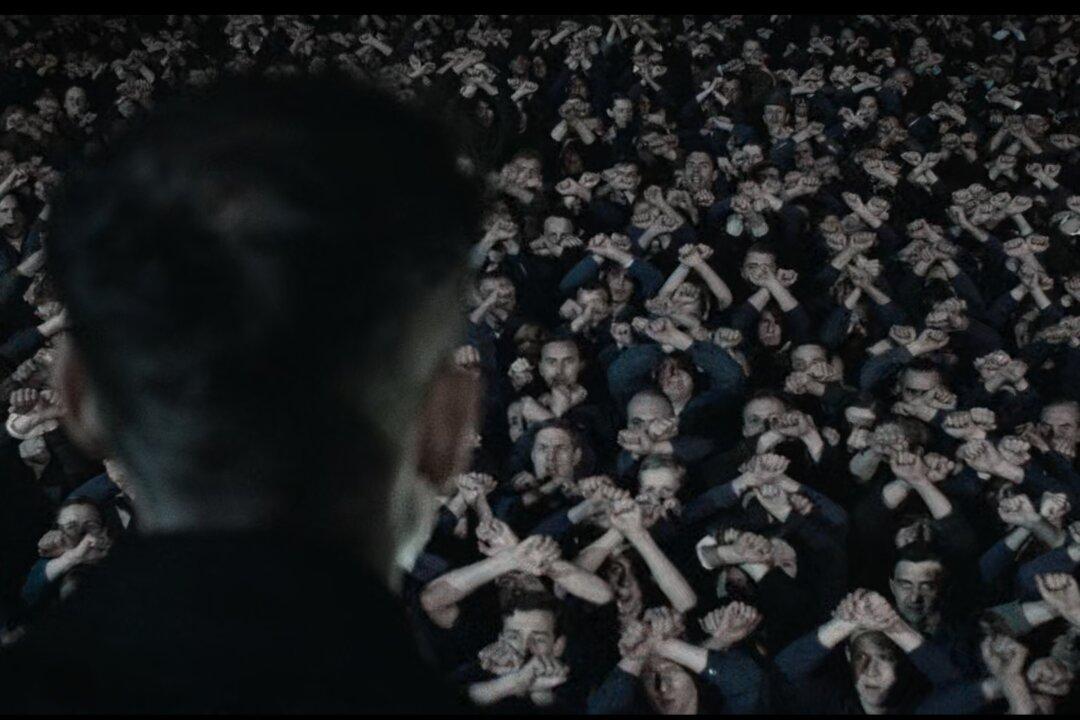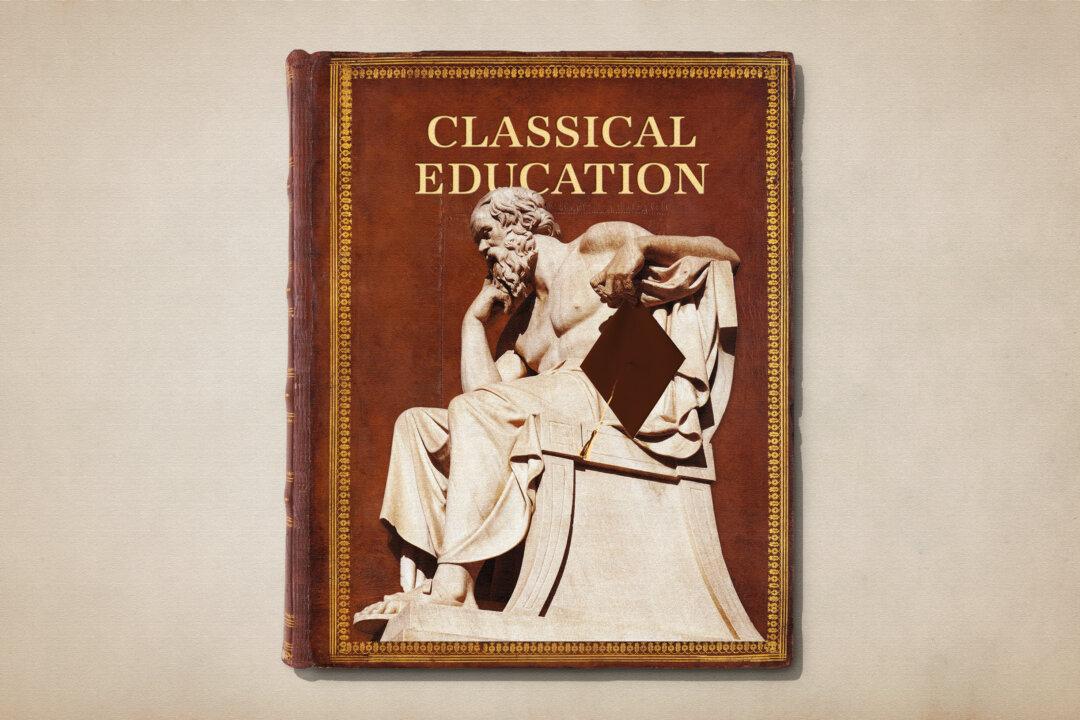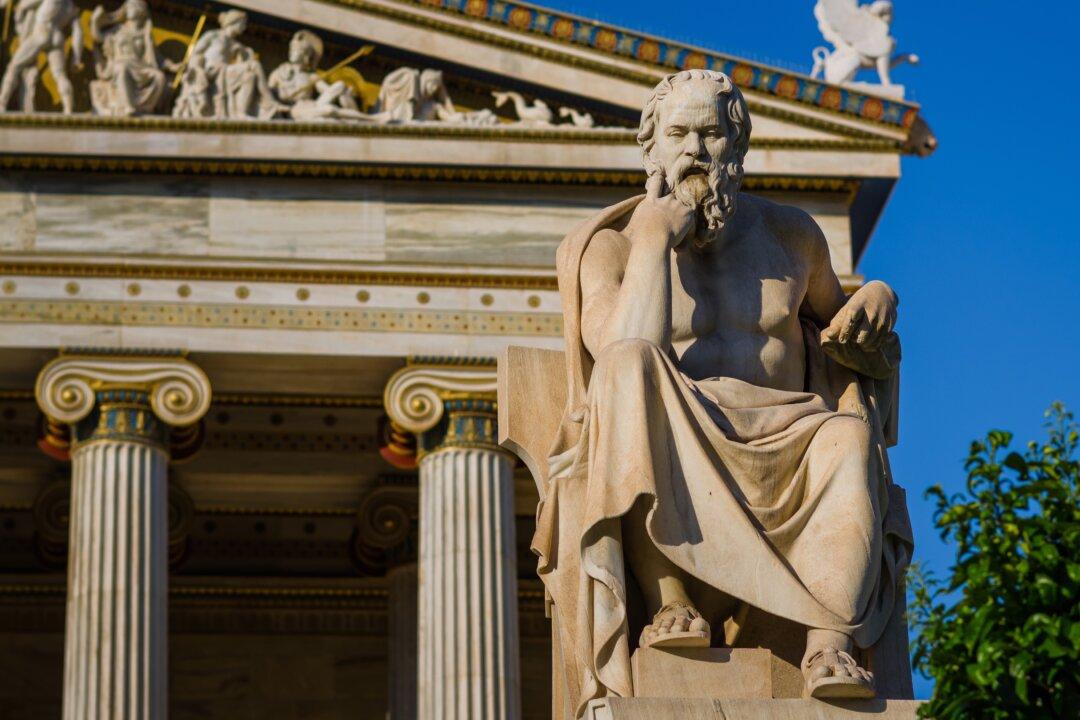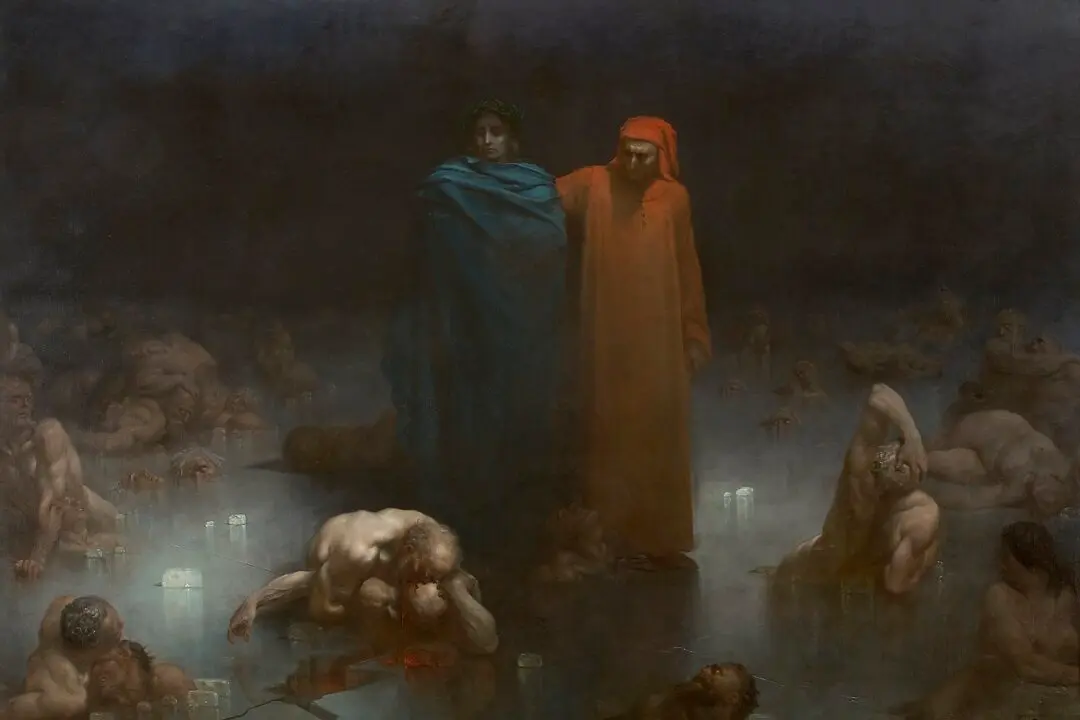Commentary
I was a liberal for most of my adult life, a liberal in the very liberal habitat of academia. When it came to Republicans and Democrats, progressive attitudes and conservative attitudes, I believed what everyone else believed, and that was one of the best parts of academic life. If I had a choice, I would never have wanted it to change.





